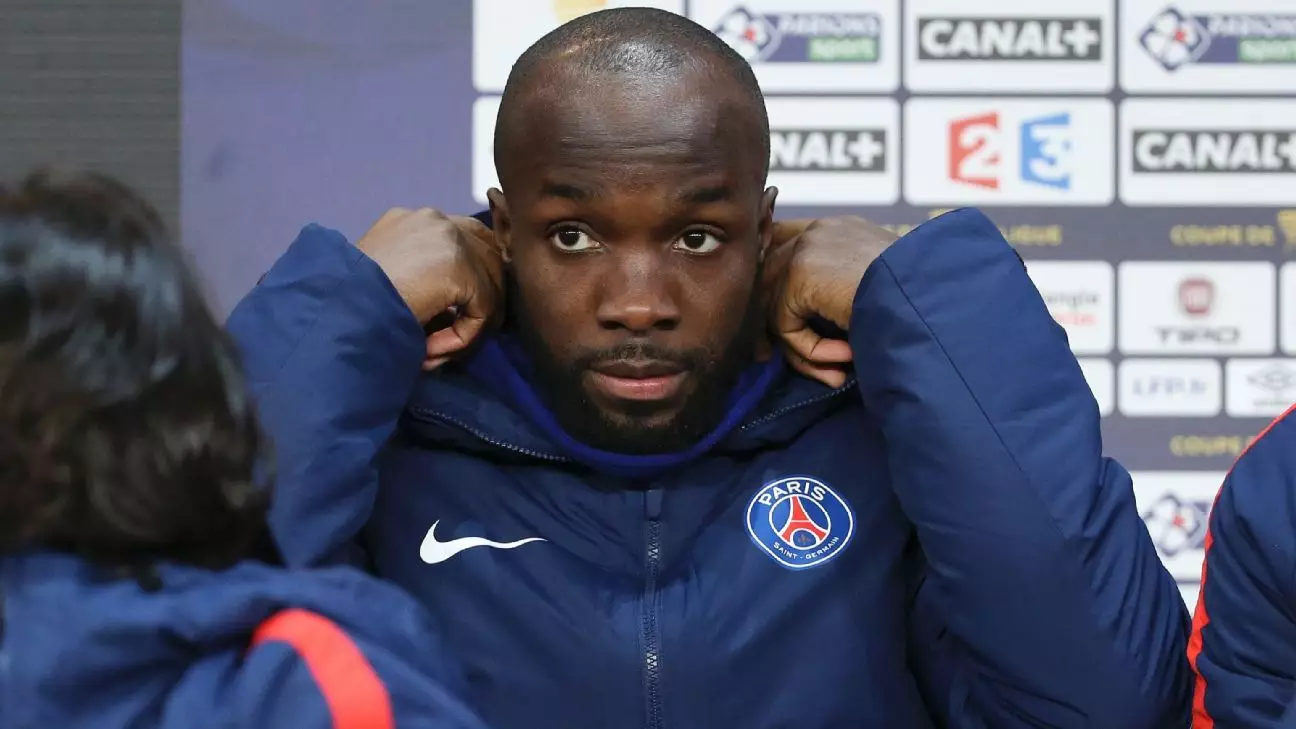Lassana Diarra’s recent legal victory marks a pivotal moment in the ongoing struggle between football players and governing bodies that often operate with unchecked authority. For years, Diarra faced hurdles that prevented him from exercising his free agency, suffering professional and personal setbacks that many athletes endure when giant organizations tighten their grip on the sport’s rules. His willingness to challenge FIFA—an entity wielding enormous influence—demonstrates a rare blend of courage and conviction. More than just a personal victory, his case signifies a broader potential shift in how international football administers player rights and enforces fair competition.
Diarra’s case is emblematic of a systemic issue: the restrictive, often draconian transfer regulations that inhibit the movement of players and stifle market competition. By standing his ground in court, he boldly questioned whether the existing rules comply with European Union laws designed to promote free labor movement and fair competition. This legal stance, rooted in principles of fairness and anti-monopoly regulations, provides hope that athletes can eventually gain more autonomy and that governing bodies will be forced to reform outdated practices that benefit few at the expense of many.
Legal Battles as a Catalyst for Systemic Change
The significance of Diarra’s legal pursuit extends far beyond his personal circumstances. While the immediate claim involves a hefty €65 million, the deeper impact lies in the challenge to FIFA’s monopoly over transfer rules. His case exposes the contradictions and potential legal violations embedded within FIFA’s regulations that have long been accepted without question in the football world. The European Court of Justice’s ruling, which criticizes certain transfer restrictions as hindering free movement and competition, represents a crucial turning point.
In essence, Diarra’s fight is about more than money or individual grievance; it questions the legitimacy of a system that often appears more focused on protecting organizational interests than the rights of players. This legal saga underscores how systemic change can be initiated and fueled through strategic litigation. It serves as a beacon for lesser-known players who are often left powerless in the face of bureaucratic giants. The backing from FIFPRO and other player unions further amplifies the movement for accountability and reform, potentially paving the way for a fairer, more transparent football industry.
The Broader Implications for Football Governance
FIFA’s cautious response — avoiding detailed comments while claiming to work on reform — reveals an uncomfortable truth: the organization recognizes that legal challenges like Diarra’s threaten its authority. The global governing body’s effort to amend regulations post-EU court guidance suggests a begrudging acknowledgment of the need to adapt, but it also raises questions about genuine commitment. Are these changes substantive enough to prevent future legal battles, or are they mere lip service to placate critics?
Diarra’s case sparks a debate about the monopolistic practices entrenched in football’s transfer system. If millions of players worldwide begin to see the possibility of legal recourse, the power balance could shift dramatically. The potential class action suit targeting multiple federations amplifies this threat, signaling a possible revolution in how player rights are protected. His story shines a light on the importance of legal advocacy in sport—where the struggle for justice can dismantle archaic regimes and democratize access to opportunities once reserved for a privileged few.
Challenging the Gatekeepers—A Personal and Collective Triumph
Diarra’s statement about fighting “the FIFA steamroller” resonates on a personal level but also embodies the collective resistance of countless players who feel trapped by restrictive regulations. His willingness to stand up, despite the high stakes and the formidable opposition, underscores the empowering role that legal action can play. It’s a testament to the notion that even in the face of intimidating institutional power, perseverance rooted in principles of fairness can inspire systemic reform.
More importantly, his fight highlights a neglected aspect of sports governance: players are not mere commodities but individuals whose careers and livelihoods should be safeguarded by transparent and equitable rules. His courage to confront a globally dominant entity offers a blueprint for future activism, encouraging players worldwide to assert their rights and demand accountability.
By taking this legal route, Diarra not only advocates for himself but also lights the path for others who have historically been silenced by organizational interests. The case exemplifies how justice, when pursued relentlessly, can serve as a formidable force against entrenched monopoly structures. It is a testament to the enduring power of individuals to challenge the status quo and effect meaningful change within a sport deeply rooted in tradition and power dynamics.

